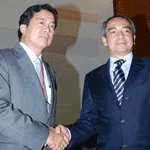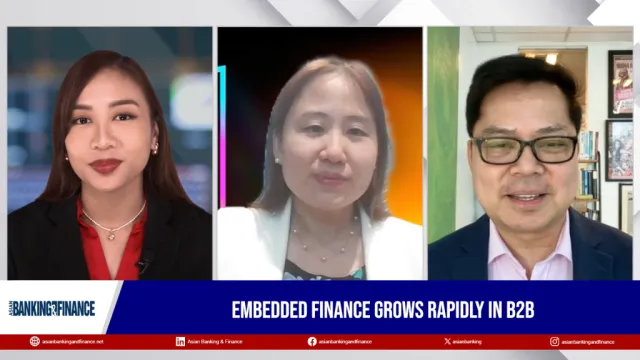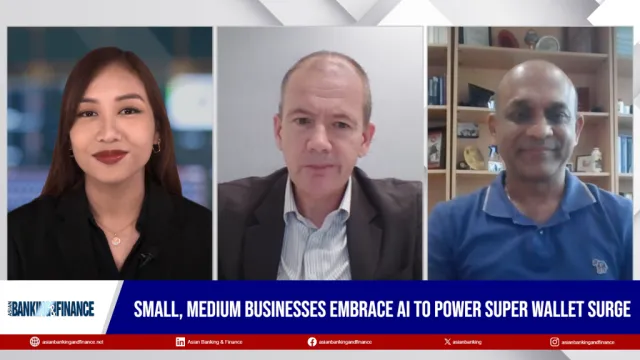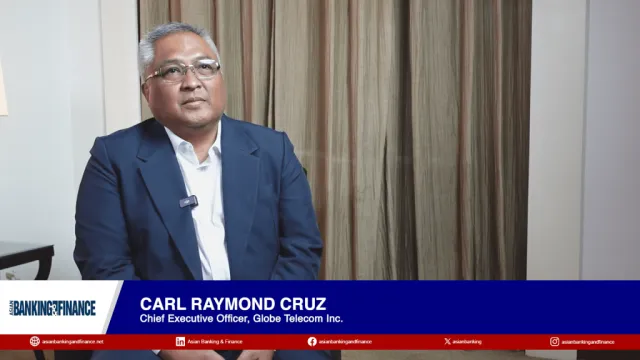People
Asia mourns loss of DBS CEO Richard Stanley
Asia mourns loss of DBS CEO Richard Stanley
Richard Stanley, DBS Chief Executive Officer, passed away on 11 April 2009 after being diagnosed with acute myelogenous leukemia in late January.
Subhak Siwaraksa is new CEO of BankThai
BankThai announced the appointment of Subhak Siwaraksa as its new CEO and President.
Can CIMB manage the daunting task of promoting Islamic finance?
Q. What is it about Islamic Banking that most people do not know? Essentially, Islamic Banking encompasses financial activities that adhere to Islamic principles. Islamic principles are those that give priority to profitability and social responsibility. When it comes to making profits, the sky is the limit. The minimum you can make is 30%. Then again, you have to balance that with social responsibility. You are not going to be charging people 30% per day. To describe it, you can do whatever you want in terms of making profits for yourself and your stakeholders but you have to balance it 50-50 with social responsibility. How does the Islamic Banking industry regulate itself and deal with compliance issues and how does CIMB Islamic ensure the legitimacy of its Islamic Banking business?As far as CIMB is concerned we are governed by the Islamic Banking Act 1983 which says that we cannot do anything in contradiction with Shariah. And if we do it, we will lose our licence. That automatically, gives us credibility of doing business in a Shariah compliant manner. We are also governed by the Management of Shariah Committee Guidelines issued by the regulators which stipulates that we have to have our own in house Shariah Committee, our own in house Shariah Secretariat; a Shariah Compliance unit needs to be established.
Chinatrust falls flat in wealth management
Q. The Taiwanese banking sector has experienced huge problems in its NII and profit margins in the past, so how will banks like Chinatrust consolidate their positions in the future?The Taiwanese banking sector has experienced squeezed NII and profit margins during the past 5 to 10 years due to fierce domestic competition, over-liquidity and major industry turmoil including the corporate crisis of 2001 and the cash card and credit card crisis of 2005/06. The performances of Taiwanese banks have been volatile during this period with little growth in scale. Banking consolidations received strong industry and social resistance during the past few years and after the washouts of the two financial turmoils, second-tier private banks with low scale and profitability were gradually merged by global financial institutions such as Citi, ABN Amro, HSBC and Standard Chartered Bank during 2007. We expect the financial industry to consolidate its position even further for better development and performance.
TMB Bank embraces new structure to satisfy more customers
Boontuck Wungcharoen, CEO of Thai Military Bank (TMB) speaks to Greg Lowe about the restructuring plans of the bank and its commitment to better service the Thai market amid crisis. Q: You started as TMB CEO in July, just before the financial crisis took hold. How has the ride been for you so far?It is never dull. I see opportunities how TMB can differentiate itself from other Thai banks by providing better services to the market. There are a lot of untapped customers, consumers, retail; even things like wealth management that [doesn’t] really exist in the Thai market.






 Advertise
Advertise














